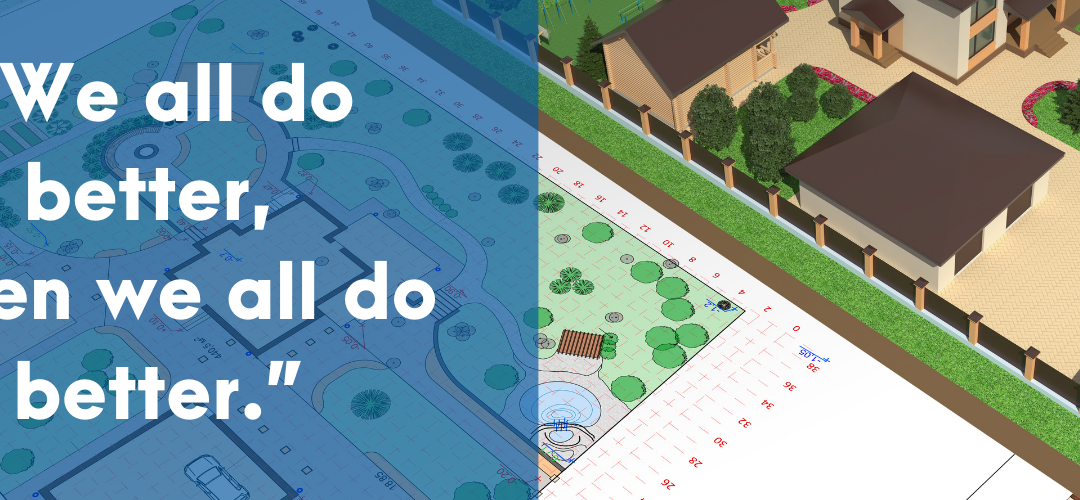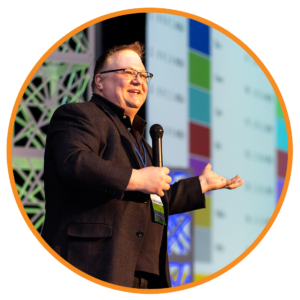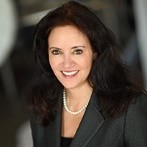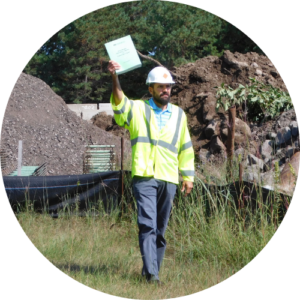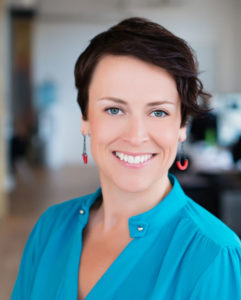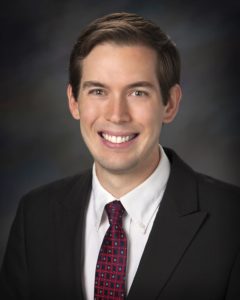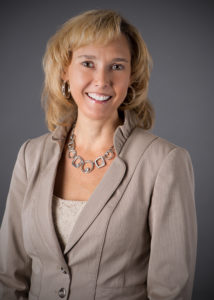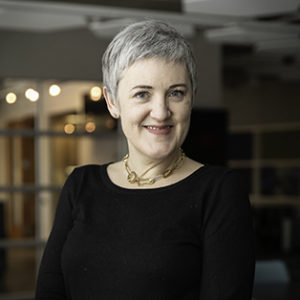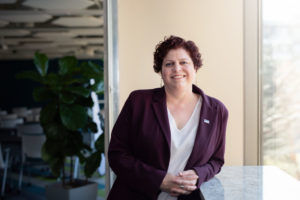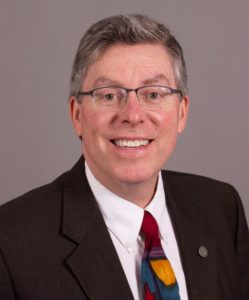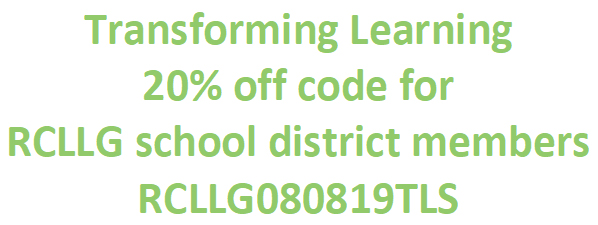“We all do better, when we all do better.” – Senator Paul Wellstone
At Fusion Learning Partners, our mission is focused on serving the “greater good” – a term that ancient philosophers to modern day thought leaders have written about with varying degrees of definitions. But at its core the greater good is about our shared interests and our common future.
There is perhaps no “greater” shared interest to our common future than the environment in which we exist – both the natural and built environment. No matter where we call home, everyone is impacted by the plans and regulations that determine how our land is used. But has everyone been impacted fairly by these plans and regulations? And why does equity in land use planning and policies matter?
The not surprising answer to the first question is a resounding NO. The impacts of the racist zoning ordinances of the early 20th century and the discriminatory economic “redlining” practices that followed, created racial and economic segregation in communities across the country. While overt segregation policies like racially restrictive covenants have been outlawed, today’s exclusionary policies like single-family-only zoning and large-lot zoning, continue to perpetuate the divides.
People who live in low-income areas, disproportionately represented by people of color due to those historic discriminatory zoning policies, are prevented from gaining these two key sources of wealth—education and property—and as a result, have severely limited economic mobility. But land use practices rooted in social segregation not only adversely impact low-income communities, in our interconnected and interdependent economy they also impede economic growth for the whole.
According to a 2018 report by the W.K. Kellogg Foundation and Altarum, closing these man-made divides could ultimately increase federal tax revenue by $450 billion and state and local tax revenues by at least $100 billion. And if that gap is closed relatively quickly, by 2050, those shared economic benefits magnify. On the expense side of the equation, it also costs far more in public funds to mitigate the impact of social and economic segregation, particularly when considering the scope of those impacts – from poor public health outcomes to the now ever-growing threat of climate-related disasters.
The bottom line is everyone benefits from equitable and sustainable land use practices and policies. So how can the choices made about land use today create better futures for everyone? How are issues like climate change, public health and equity interconnected? And what can we, as citizens, government officials, nonprofit organizations and the private sector do to engage in and influence land use decisions?
As always, change begins with awareness and learning to innovate our thinking and approach. On March 25th at 6:00 pm as part of Nine North’s Compass Program, Fusion Learning Partners will be speaking with Terri Thao, Program Director at Nexus Community Partners; Cameran Bailey, Senior Planner at the Met Council; and Eric Weiss, Program Director at the Trust for Public Land. This panel of land use and community planning experts will provide insight into why it is imperative that we rethink our approach to land use planning, and how we can approach this decision making process in a conscientious way that benefits ALL communities for generations to come.
If you’re not able to tune in to the live FREE webinar, the conversation will be recorded and posted here for future viewing: https://ninenorth.org/category/compass/ . Check it out and join Fusion Learning Partners in our mission to inspire innovation for the greater good!

